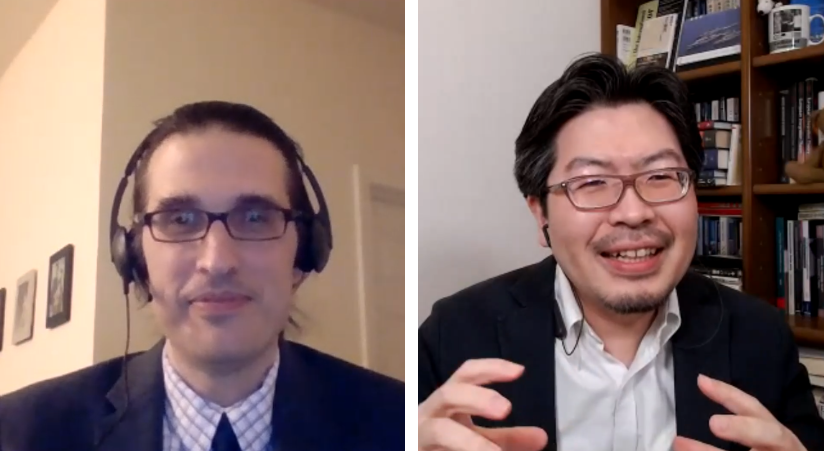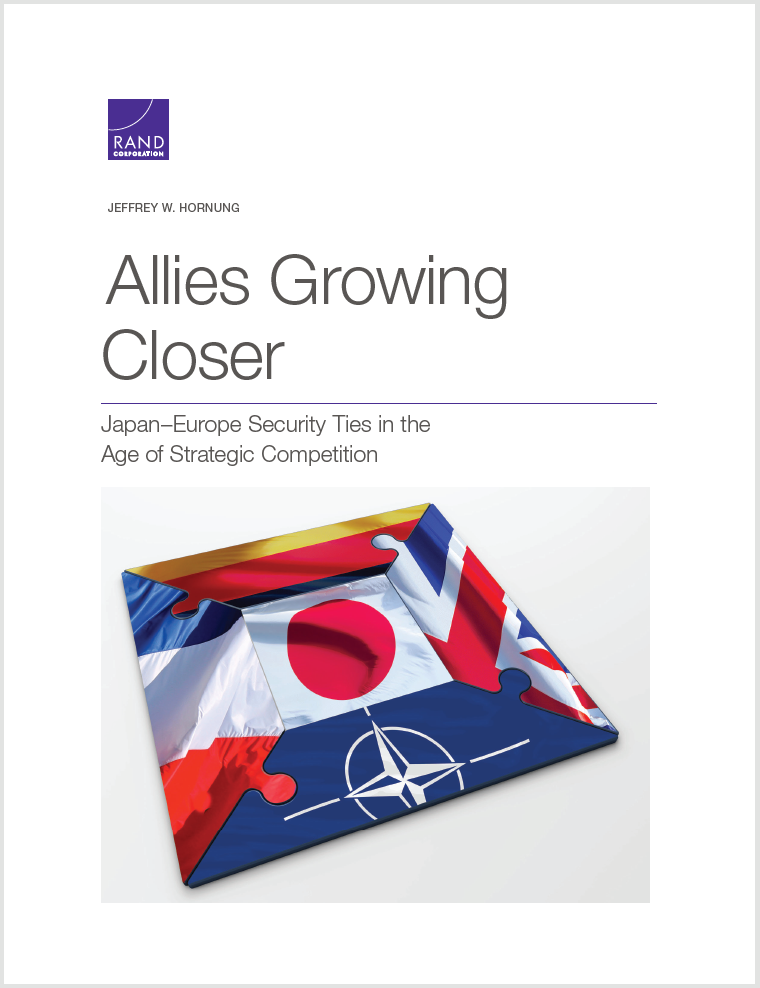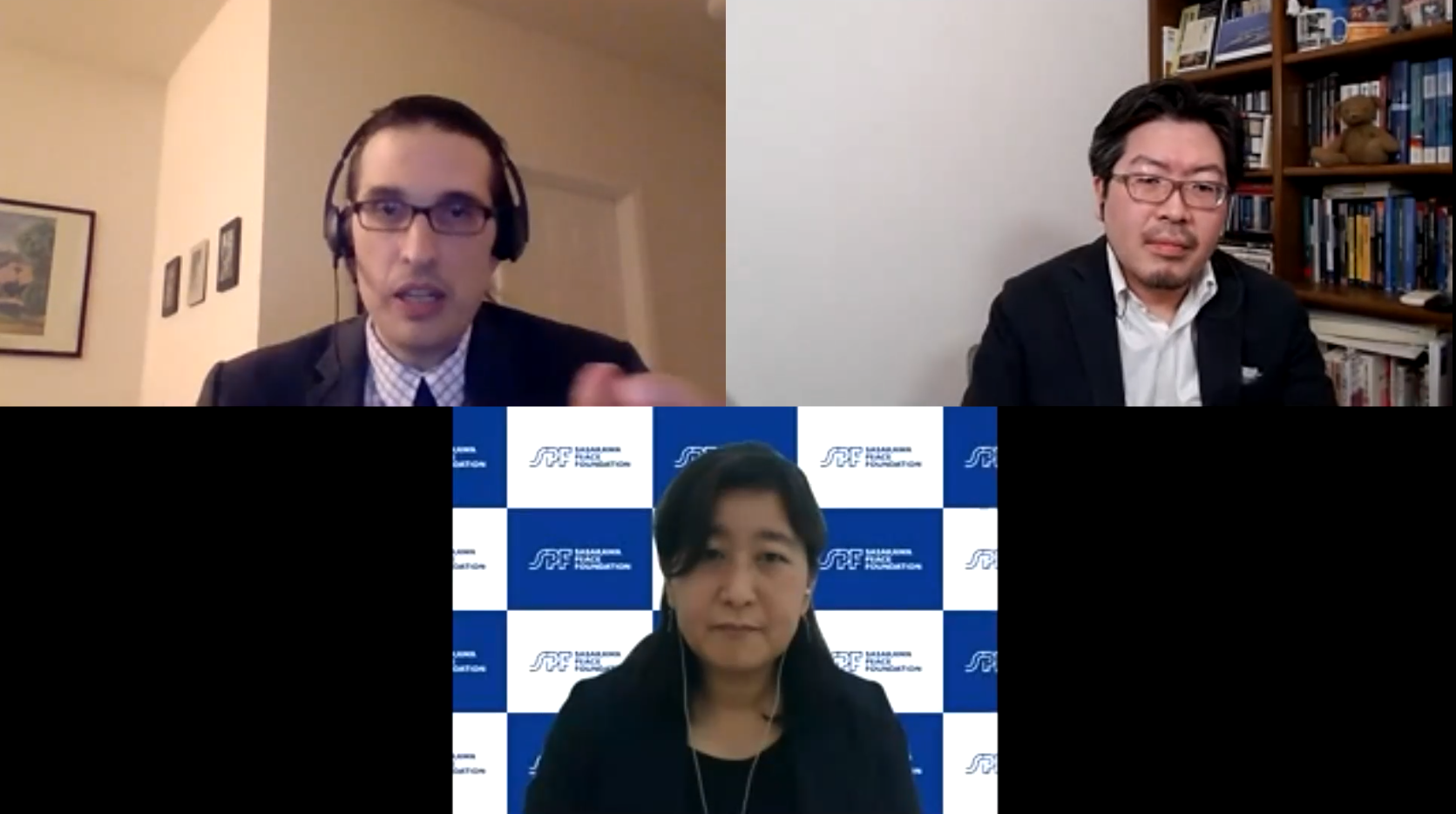As strategic competition ramps up across the Indo-Pacific region, countries in Europe have begun to shift their focus toward the region by deepening security ties with likeminded partners, including Japan. As part of this trend, earlier this year Japan’s foreign minister was invited for the first time to discuss the country’s Free and Open Indo-Pacific policy at the European Union's Foreign Affairs Council, and European navies including France and the U.K. have resumed sending warships for exercises in the Pacific with Japan. Germany, a county with less historical involvement in the region, also presented its first ever guidelines for Indo-Pacific policy in September 2020 and is weighing plans to send a naval frigate to Japan during the summer of 2021.
However, research looking into the types of partnerships and the motivations behind the deepening ties between Japan and countries in Europe as well as the North Atlantic Treaty Organization (NATO) – all of which are valuable, longstanding partners to the U.S. particularly in the security realm – have not been well documented from a U.S. perspective.
To fill this gap, Dr. Jeffrey Hornung, a political scientist for the RAND Corporation and leading U.S. researcher specializing in Japanese security policy, conducted a two-year research project with support from the Sasakawa Peace Foundation (SPF), resulting in the publication of the report
“Allies Growing Closer: Japan–Europe Security Ties in the Age of Strategic Competition" in December 2020. This report takes an in-depth look at the central elements and motivations behind the security ties between Japan and the U.K., France, Germany, and NATO, and considers the implications for U.S. strategic interests.


